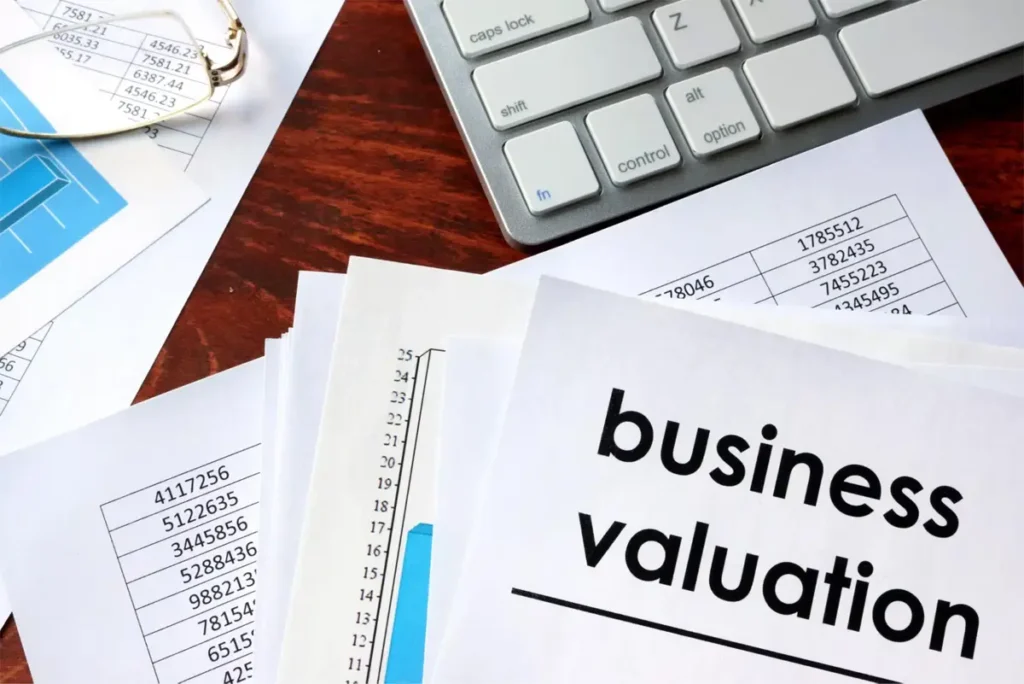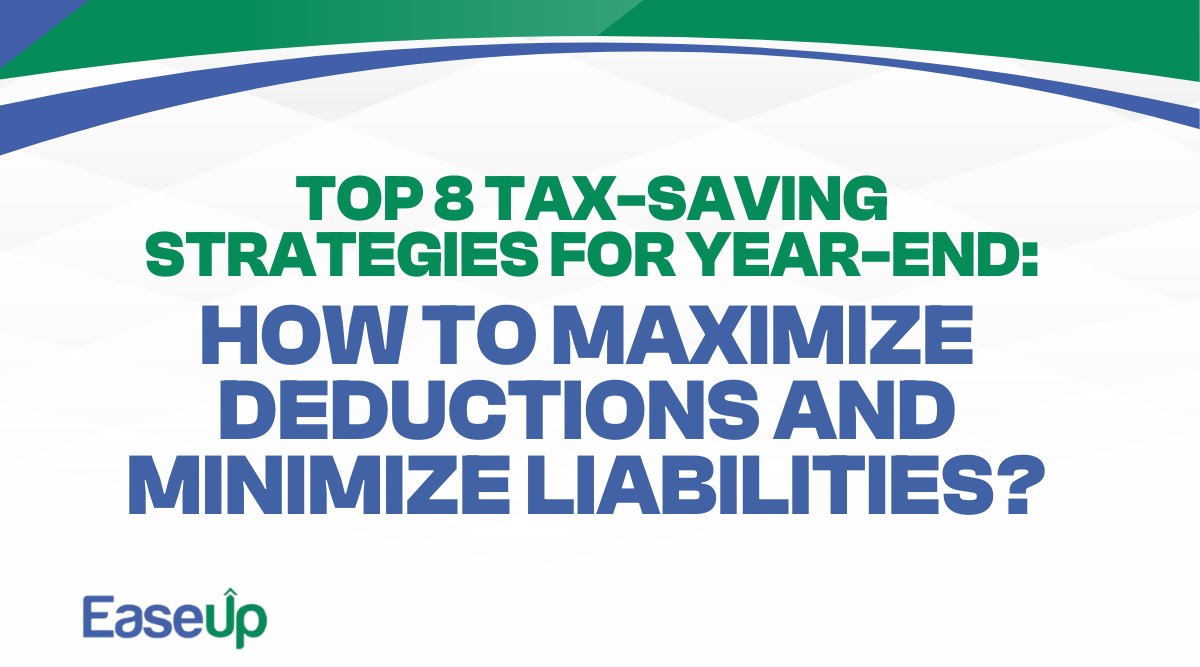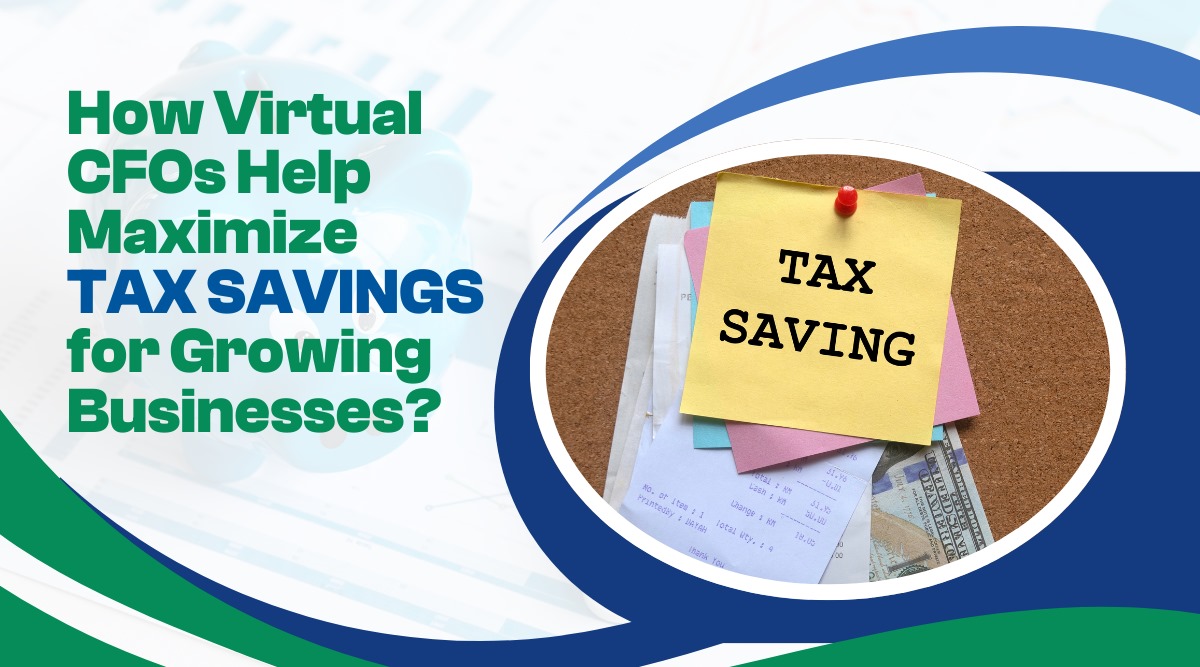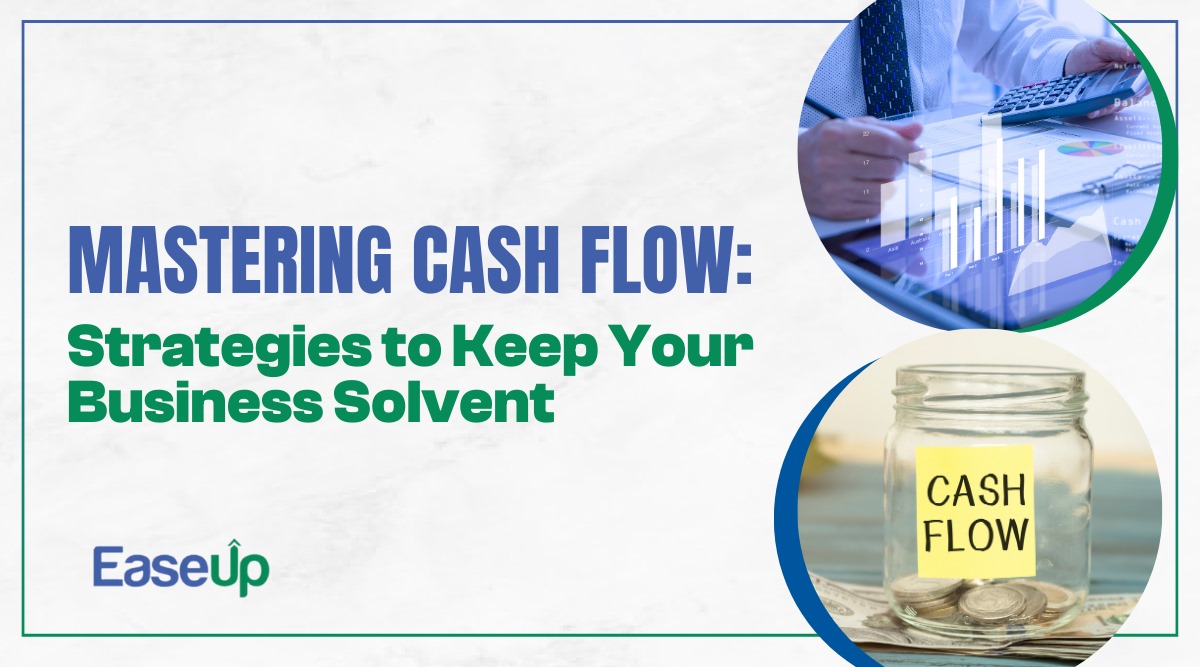

+91 9826266300

10.00 AM - 7.00 PM


Why do Tech Companies Need Startup Valuation Services?
Published at: Feb 20,2023

Do you want to raise funds for your Tech Startup?
You will need to evaluate the fair value of your Tech Startup before raising funds from investors.
The fair value of your Startup helps Investors, venture capitalists, and angel investors in determining the quality of investment they will make. So, evaluating the fair value of a startup is important for all the parties involved as investors need to assess related risk and ROI before investing.
If you quote a higher fair value to investors, you won’t be able to meet the set targets. Investors may not be convinced for investing in your startup. Hence, it may lead to a lower valuation in the next funding round.
You may end up giving a large portion of startup equity to investors if a lower fair value is quoted.
Determining the fair value of a startup is an intricate part. Calculating the fair value of a startup also becomes difficult, as, unlike mature companies, early-stage startups don’t have more firm facts and figures.
Need for Startup Valuation Services
Every Tech Startup requires valuation as it determines the share in the firm that an entrepreneur must provide to an investor in exchange for funds.
Every Tech Startup needs valuation as it helps them to get suitable funding at upper-end valuation.
Startup valuation services are also required in cases where statutes mandate valuation. According to the provisions of the Companies Act 2013, a startup must obtain Valuation Report from a Registered Valuer before issuing shares under private placement or on a Preferential Basis.
Startup valuation professionals evaluate your company from an unbiased view and help to determine where your company could make some improvements.
Valuation professionals can also help in analyzing the company’s projections and make them more in line with what is trending within the industry.
Startup Valuation Methods
Valuation company uses numerous methods for a startup valuation, and they are as follows:
Self-Evaluation Method
Self-evaluation method is a process of keeping a track of all the company’s assets. Startups must keep track of Key Progress Indicators such as profit, customer satisfaction rate & popularity rate in the market.
2. Market Multiple Method
This valuation method determines the profit of the product in the market of similar other companies. This method is preferred by investors as it allows them to get an estimate of the profit and loss rate related to Tech startups.
3. Discounted Cash Flow (DCF) Method
This valuation method determines the value of cash in return to the investor after a due course of time. Financial models are used in the DCF method to determine whether an investment is worthwhile based on future cash flows. A company’s value is determined by how well the company can generate cash flows for its investors in the future.
4. Venture Capital Method
This valuation method calculates the amount of return to the investor. The method involves pre-money valuation and is mostly used for startups trying to raise funds.
5. The Book Value Method
This method determines the valuation of the startup by calculating the company’s assets. The profits of the company are not required to be calculated in this method.
6. Risk Factor Summation Method
This method involves 12 factors that determine the profit that the startup will make: management, sales, marketing risk, popularity risk, legal risk, capital and funds risk, etc.
7. Comparison Method
This valuation method compares another similar startup value and prepares an estimated startup company valuation.
8. Berkus Method
Berkus’s method takes into consideration the management of the startup, the product quality, the services provided by the startup venture, similar products in the market & sale predictions of the product launched by the company.
Why Ease Up for Startup Company Valuation?
Determining the fair value of a Tech Startup is comparatively difficult as there’s no perfect way to value a newly emerged enterprise. Also, distinct mathematical models have to be used according to the need and type of the startup.
Valuation professionals assess the product market fit, annual recurring revenue trend, sales and marketing efficiency, and the trajectory of growth to determine the true worth of a Tech Startup.
Every Tech Startup requires Startup Valuation Certificate at the time of raising funds and also at the time of issuance of shares. A startup valuation Certificate can be issued only by Registered Valuer who is registered with IBBI.
We are Registered valuers from IBBI having deep domain experience in startup valuation.
Ease Up helps Tech entrepreneurs value their startups and we apply different types of startup valuation methods in order to reach a realistic and fair valuation of the startup.
A reliable startup valuation service can be a tremendous asset to your business if you want to raise funds for your Tech Startup.
Fuel your tech startup’s growth with the power of funding. We’ll help you make it happen.

CA Aditya Chokhra
December 30, 2025

Empower Your Business with Expert Financial Consulting
Latest Post
Leave a Reply

Contact us and subscribe to our newsletter to receive expert advice and industry updates.

Mumbai: A-116-1st Floor, Super Shopping Complex, Bajaj Cross Road, Near Kandivali Station, Kandivali (W), Mumbai 400067.
Ahmedabad: 315 Abhinav Arcade, Nr. Kothawala Flats, Paldi, Ahmedabad 380007.
Pune: B 602, The Onyx, Pink City Road, Shankar Kalat Nagar, Pune 411057.
Gurgaon: 1123 JMD Megapolis, Sector 48, Gurgaon - 122018, Haryana.
Bhilwara: C - 147, Shashtri Nagar, Bhilwara (Raj).
Surat: 6019, World Trade Center, Ring Road, Surat - 395002.
Copyright © 2025 Easeupnow. All rights reserved.


















